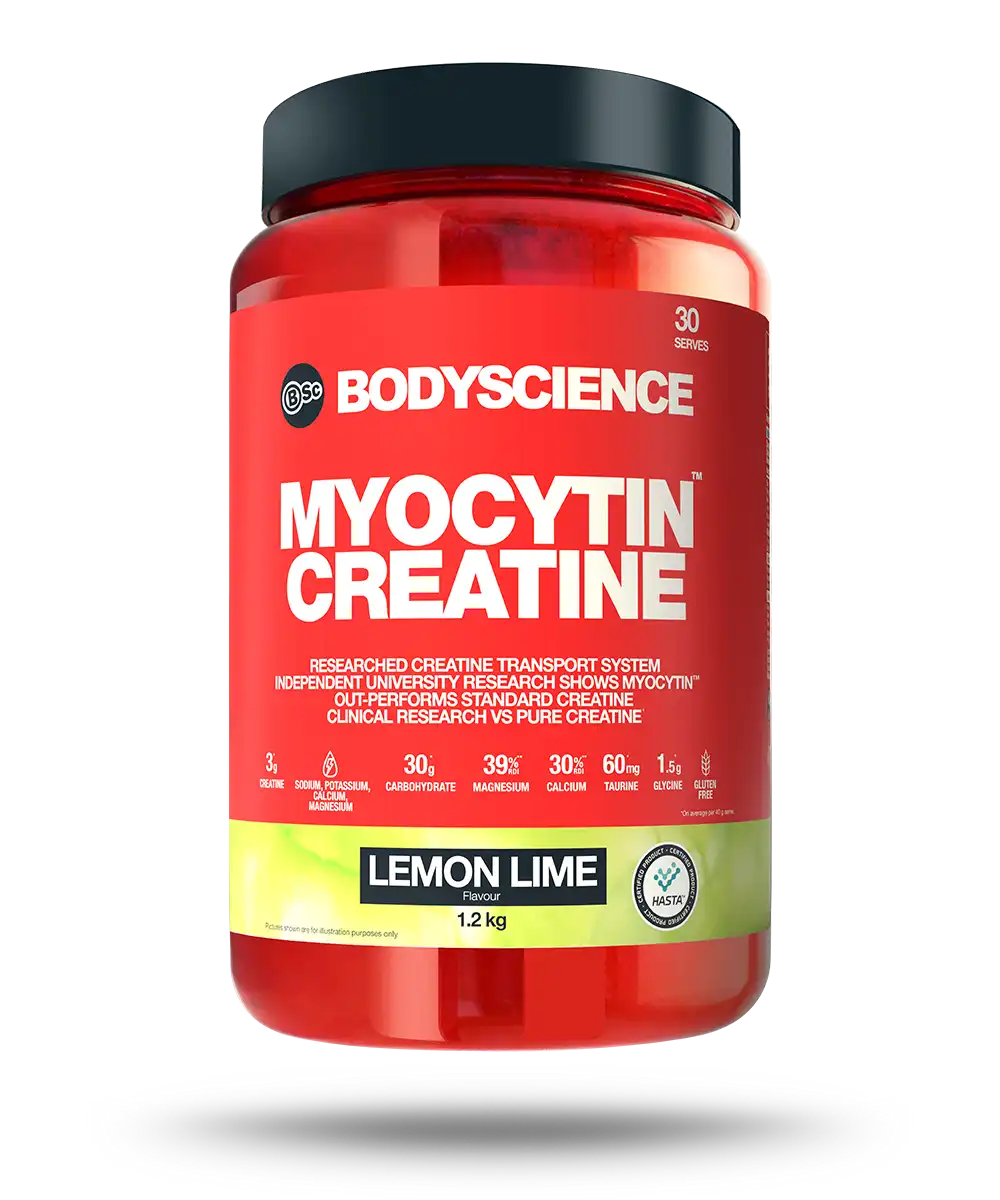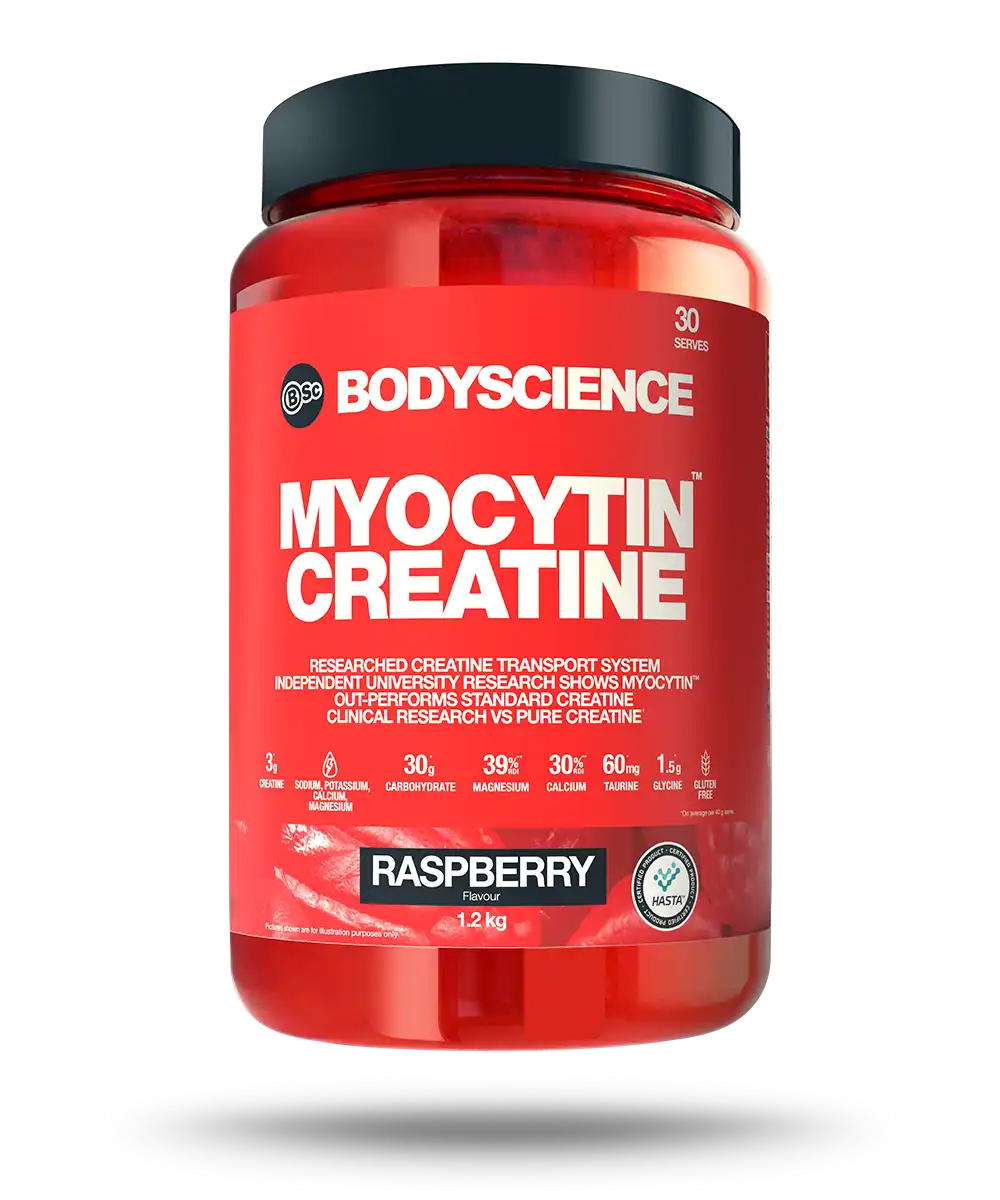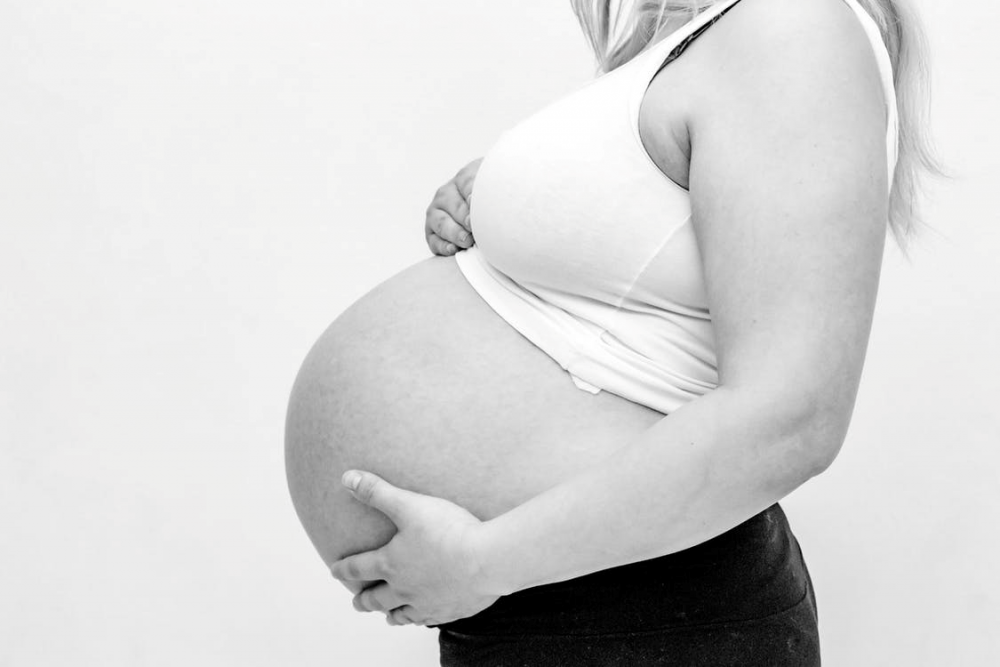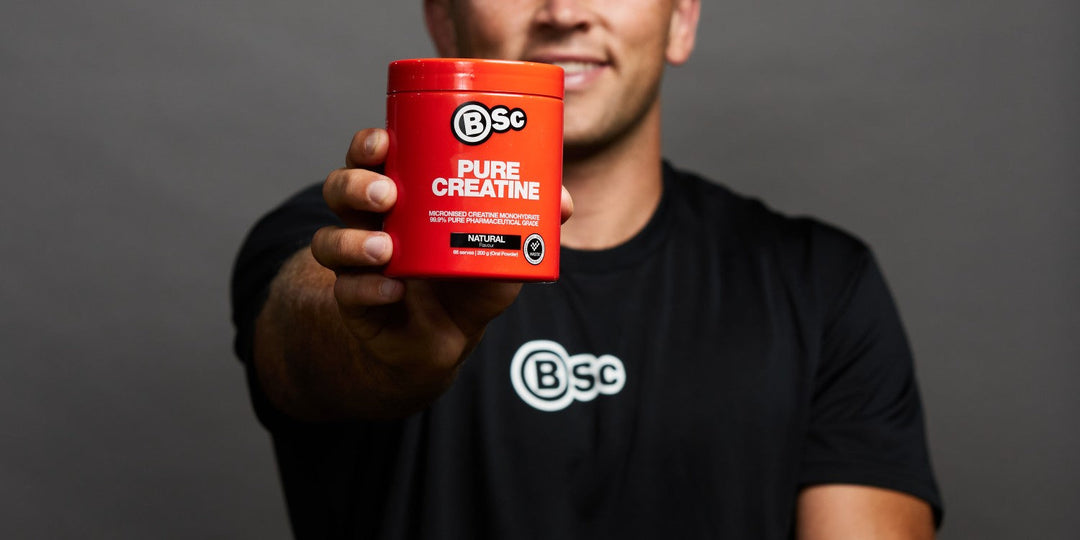Can You Have Vegan Protein Powder When You're Pregnant?

Maintaining a healthy, balanced diet is critical during pregnancy. The amount of protein you consume plays a huge part in your baby’s growth and development, so it’s important to get it right. If you’re struggling to hit the recommended daily protein intake during pregnancy, you might be wondering: can you have vegan protein powder when you’re pregnant? The short answer is yes, but there are a number of precautions to take when adding a protein powder to your diet while pregnant. We break it all down below.
What Is Vegan Protein Powder?
Protein powders are concentrated forms of protein. Unlike dairy-based protein powders made from whey and casein, vegan protein powders contain no animal by-products and are made up of plant-derived ingredients. Some vegan protein powders are composed of a single protein form, such as pea protein or hemp protein, while others come in the form of a protein blend.
Why Is Protein Important During Pregnancy?
It’s very important to consume enough protein during your pregnancy. Protein helps to ensure healthy growth of the baby’s organs, including the brain. It also aids tissue growth in the uterine and breasts, and increases blood supply to your baby.
It’s recommended that pregnant women consume 70 to 100g of protein per day, though your intake needs will vary depending on your weight and which trimester you’re in.
Are Vegan Protein Powders Safe During Pregnancy?
Generally, vegan protein powders are considered safe during pregnancy. However, not all protein powders are made equal. Many protein formulas contain additives, hidden chemicals, artificial ingredients, and sugars that are not safe to consume during pregnancy. So, you’ll need to take note of the ingredients used.
Remember, while protein powders can offer a great protein boost, they are not intended to replace meals. Protein powders are only recommended to be taken in addition to a well-rounded, healthy diet.
Types Of Vegan Protein Powder
If you’re vegan, lactose intolerant, or allergic to dairy, you’ll need to avoid whey and casein protein powders, as these ingredients are by-products of cheese.
There are a number of vegan options available that are excellent sources of protein, and many vegan formulas contain all-natural ingredients.
There are two types of protein: complete and incomplete. Ideally, you’ll opt for a complete protein powder, as these contain all nine essential amino acids that the body cannot produce on its own.

-
Some vegan protein powder options to consider include:
Pea Protein – This protein is made from yellow peas and is a complete protein. - Hemp Protein – Hemp is a complete protein. It is made from ground hemp seeds.
- Brown Rice Protein – Brown Rice Protein is not a complete protein as it lacks lysine, so it’s usually used in vegan protein blends. It is made by separating the protein from the carbohydrates in brown rice.
- Plant Protein Blends – These are essentially a combination of multiple plant proteins. Blending different plant proteins together helps to ensure that all amino acids are present at equal levels. Our BSc Clean Plant Protein contains both pea and brown rice protein.
-
What Protein Powder Ingredients Should Be Avoided When Pregnant?
As mentioned, you’ll need to take care when selecting a protein powder during pregnancy. You’ll want to look for a protein powder that doesn’t contain:
- Added sugars – It is recommended that pregnant women consume no more than 30g of sugar a day. Consuming too much sugar can increase your risk of developing gestational diabetes. High blood sugar levels can also cause your baby to become too big, which can result in complications during birth.
- Additional vitamins or minerals – While vitamins and minerals are essential for our health, consuming too much of either can be dangerous during pregnancy. You’ll need to be especially careful if you’re already taking prenatal supplements. Our bodies only need a small amount of each nutrient, and high doses of vitamins A, C, and E can be very dangerous during pregnancy. Avoid protein powders that include any added vitamins or minerals.
- Artificial sweeteners – Keep an eye out for ingredients such as sucralose, saccharin and aspartame. While they are considered safe in moderation, they can — much like sugar — cause an increase in blood sugar levels. Natural sweeteners, such as stevia extract, are safe for pregnant women, so opt for protein powders with these instead.
- Processed soy – Soy is safe during pregnancy in moderation. Keep in mind that soybeans contain phytic acid, which can block the absorption of key nutrients that are essential for the growth and development of your baby. If your diet is rich in soy, opt for a vegan protein powder that is soy-free, like our Clean Vegan Protein Powder.
- Caffeine – Caffeine can pass from mother to baby through the placenta during pregnancy, which means your baby may be exposed to the effects of the stimulant. Guidelines recommend 200mg of caffeine per day during pregnancy. You’re likely already consuming caffeine through food and drinks such as tea and chocolate. Avoid protein powders with caffeine to ensure you’re not accidentally exceeding the recommended intake.
What Are The Risks Of Consuming Vegan Protein Powder During Pregnancy?
There are two main risks associated with consuming vegan protein powder during pregnancy.
The first is that you need to be careful not to consume too much protein. A Scottish study found that consuming excessive amounts of protein and not enough carbohydrates during pregnancy can cause a baby’s growth to slow. Excessive protein intake may also lead to gestational diabetes. So, if your diet is already high in protein, you probably don’t need to add a protein powder into the mix. However, if you’re experiencing nausea or a decreased appetite during your pregnancy, a vegan protein powder might be a good option for you.
It’s also important to be aware that some protein blends may contain hidden chemicals, pesticides, and herbicides due to manufacturing processes. Opt for a trusted protein powder brand to reduce your risk of consuming dangerous toxins.
What Are The Benefits Of Vegan Protein Powder?
As mentioned, if you’re experiencing nausea, vomiting, or a reduced appetite due to pregnancy, a vegan protein powder shake can be a great way to hit your daily protein intake.
Opting for a vegan protein powder rather than a dairy-based option will also reduce your risk of experiencing any lactose-induced issues such as bloating, abdominal discomfort, and gas.
Vegan protein powders may be extra beneficial if you follow a plant-based diet, as vegan and vegetarian diets are often lower in protein. A vegan protein powder can deliver an added boost and ensure you’re consuming enough protein.
Key Takeaways
- Protein helps to grow your baby’s tissues and organs, and also fosters breast and uterine tissue growth.
- It is recommended that pregnant women consume 70 - 100g of protein a day.
- Most vegan protein powders are considered safe during pregnancy. However, it is recommended you avoid formulas with added sugars, vitamins, artificial sweeteners, caffeine, and processed soy, as these ingredients can be dangerous for pregnant women.
- Opt for a ‘clean’ protein powder that contains just a plant-based protein source and natural ingredients.
- Consuming too much protein can cause problems for you and your baby, so only consider a protein powder if you’re not getting enough protein from your diet.
- We recommend vegan protein powders made from peas, hemp, or brown rice.
Have a question about consuming vegan protein powders when pregnant? We’re here to help. Contact us today.
Shop the range of vegan protein powders mentioned in this article.





